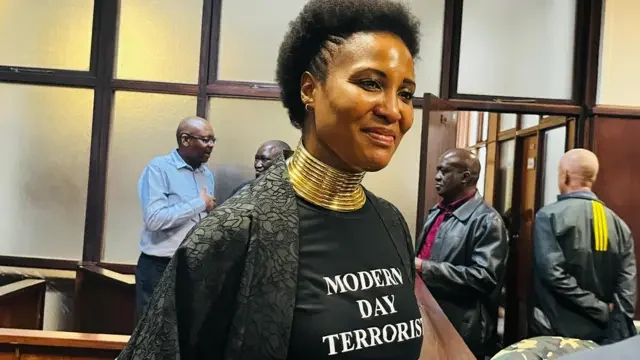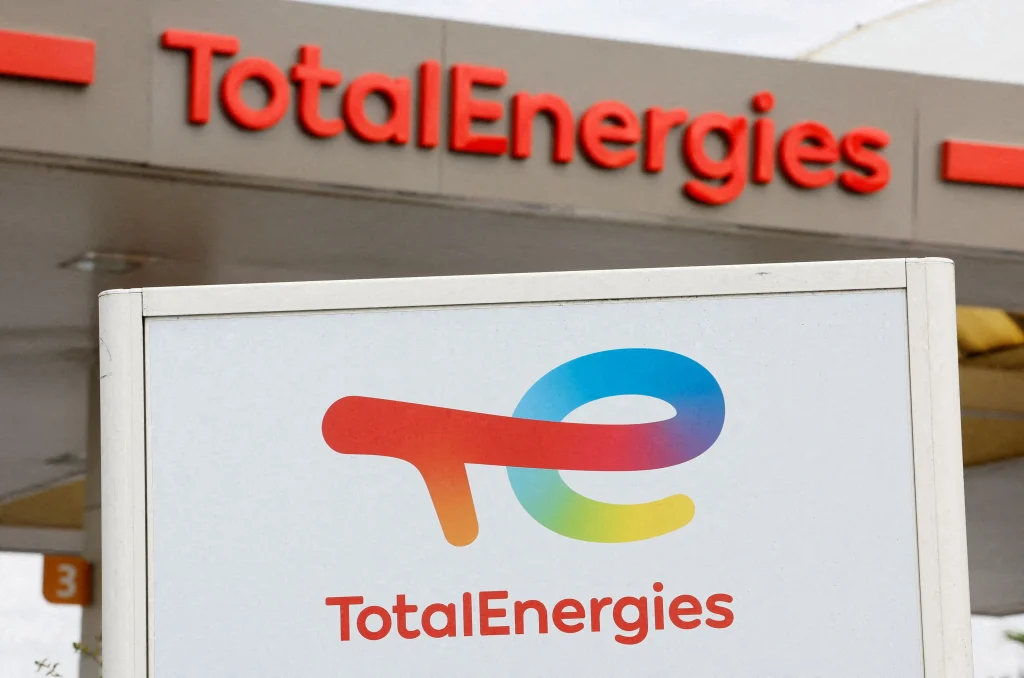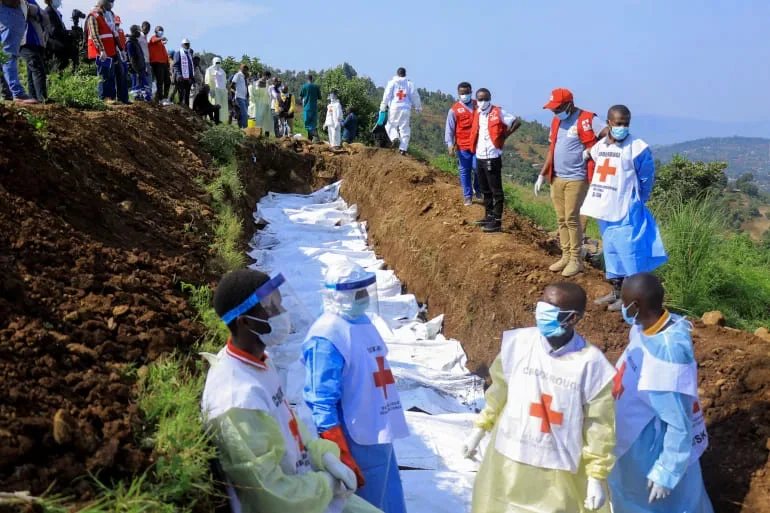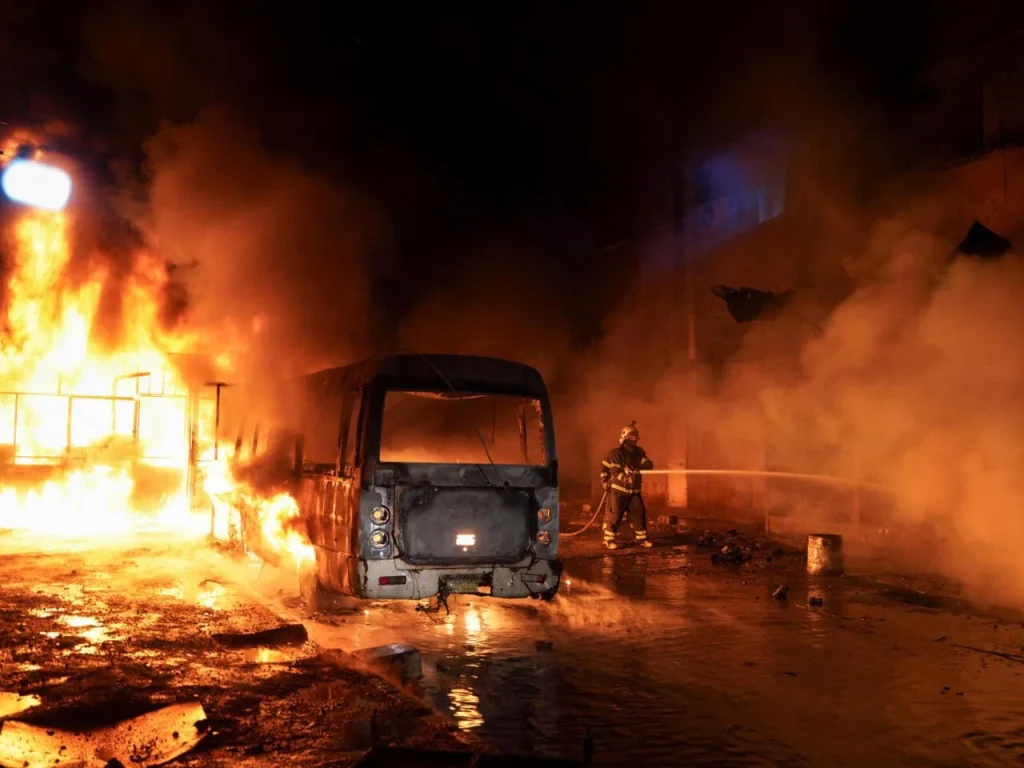Duduzile Zuma-Sambudla, the daughter of former South African President Jacob Zuma, appeared before the High Court in Durban on Monday.
She officially faced charges of inciting public violence. In response to the allegations, she entered a firm plea of not guilty.
These criminal charges are directly linked to the widespread and destructive civil unrest that swept across parts of the country in 2021. The period of chaos tragically resulted in the deaths of over 300 individuals.
The Genesis of the Unrest
The violence commenced abruptly in July 2021. It was immediately triggered by the arrest of the former head of state, Jacob Zuma. He had been ordered by the court to testify before a high-profile judicial inquiry investigating corruption allegations but refused, leading to his detention.
The initial protest quickly spiraled out of control. It morphed rapidly into widespread mass looting and violent chaos across KwaZulu-Natal and Gauteng provinces. The resulting economic devastation from the riots was enormous.
The financial damage was estimated by authorities to be approximately 50 billion rand, a figure equivalent to about $2.9$ billion.
Zuma-Sambudla appeared in court for the opening day of her trial concerning this civil disorder. Prosecutors formally presented their allegations, claiming she deliberately encouraged others to commit acts of violence and destruction.
The primary evidence is based on multiple posts she allegedly shared across various social media platforms. The prosecution’s case centers on interpreting her online rhetoric as a direct call to anarchy.
Political Show of Force in Durban
The courtroom proceedings were heavily scrutinized, reflecting the intense political backdrop of the case.
Former President Jacob Zuma was a prominent presence in the High Court. He governed South Africa from 2009 to 2018.
Despite leaving office under immense pressure, he retains a large and dedicated base of support across the nation. His presence was a clear public signal of solidarity with his daughter.
He was seated alongside leading figures from his relatively new political organization, uMkhonto we Sizwe (MK). This party emerged as a major disruptive force during the national election held last year.
The strong performance of the MK party significantly contributed to the sharp loss of political support experienced by the African National Congress (ANC), the long-dominant political body that Jacob Zuma once chaired.
The trial thus carries political weight, acting as a visible platform for the MK party’s continued challenge to the established political order.
Why the Case Matters
The case holds immense significance beyond the individual charges. It tests the limits of free speech and incitement in the digital age, particularly when posts lead to real-world violence and loss of life.
For the South African justice system, the trial is a crucial step in delivering accountability for one of the deadliest periods of civil unrest since the end of apartheid.
For the ruling party and the government, securing a conviction is seen as vital for restoring faith in the rule of law. Conversely, the defense maintains the proceedings are politically motivated, aiming to silence the former President’s family and undermine his political influence.
The outcome will undoubtedly influence the political landscape and public discourse leading up to future elections.
Eagles Gather in Morocco: Preparations Begin for World Cup Playoff























